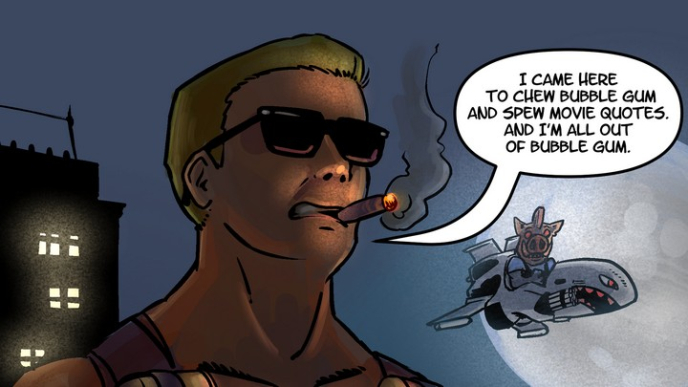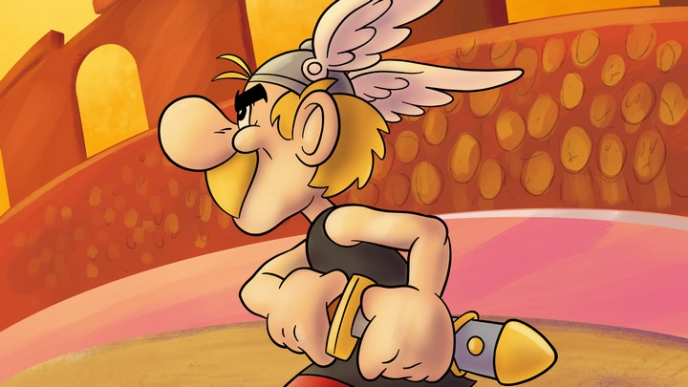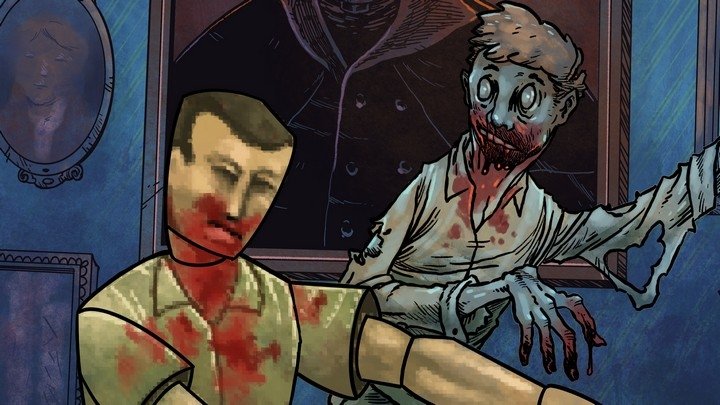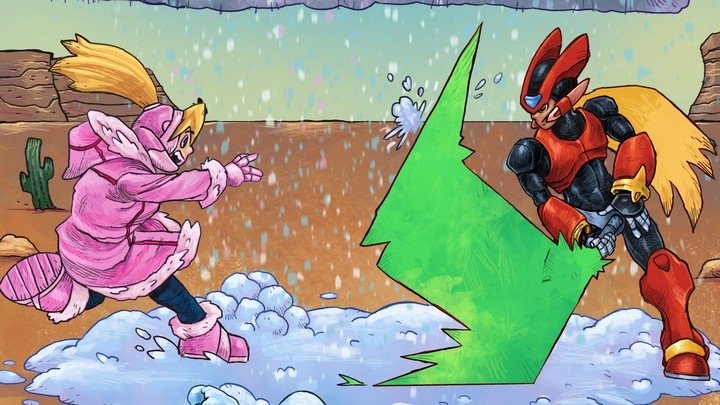In like a (Truth) Bullet: Danganronpa turns ten
Pu hu hu hu hu
Danganronpa is an outlier for me. Next to no interest in visual novels, very little enthusiasm for anime. But I liked Phoenix Wright. I like murder mysteries. And Danganronpa is a pretty smart way to condense multiple different murder mysteries into one admittedly contrived framework.
The premise of each main Danganronpa game is effectively the same thing, but in the original Danganronpa: Trigger Happy Havoc, you take control of banal protagonist Makoto Naegi, a fresh-faced nonentity starting his school year at the prestigious Hope's Peak Academy high school, an institution renowned for nurturing "Ultimate Talents", individuals who excel as the absolute best there is at what they do, bub. Unfortunately, he's actually being thrust into a "Killing Game" by a cruel mastermind who uses iconic teddy bear Monokuma as their avatar.
What is a Killing Game? Well, basically, the students are trapped within the grounds of the school unless they, well, kill one another. Once there has been a murder, a "Class Trial" is held, and if the remaining students fail to identify the culprit, said murderer will go free while the rest are put down. Successfully point the finger, however, and it's the killer who'll be punished.

Gameplay consists of the visual novel segments, which are the lion's share of the game, mixed in with investigations akin to the aforementioned Phoenix Wright, and the Class Trials which present a series of mini-games intended to represent deductive reasoning. As the students make their statements, you'll aim and fire "Truth Bullets", quite literally shooting holes in their argument. It's quite a brilliant piece of work, really, but the solutions themselves can be rather esoteric, to put it charitably. That is to say, it falls into the genre trap of somewhat confused messaging - you'll know the solution, but the seemingly-related Truth Bullet won't trigger the next scene because the game expects something very specific that's equally valid. It can be frustrating, but I'd argue that you don't really play Danganronpa for the gameplay.
No, the appeal of this series is the f'd up characters and bizarre mysteries, naturally. The likes of Kyoko Kirigi, Junko Enoshima and Toko Fukawa ought to stay with you a long time after the credits roll. The pop-up, cut-out style flat graphics are really stylish in a way that Persona 5 absolutely bit the style of. Like a slightly grotty Paper Mario.

Ah, grotty. That's a word I need to come back to, because Danganronpa is pretty sleazy. There's no beating around the bush here - it's plenty transphobic, though in a way that almost seems like they're striving not to be and totally failing. There's also a fair amount of egregious fanservice, though less so than the second game Goodbye Despair, which is stacked with it, breast-based pun intended. But that's pretty damningly par for the course with videogames, so I'm only commenting on it for the four people who haven't already decided if they want to play this game or not. And don't bother whining about this paragraph in the comments, I don't care.
Anyway, Danganronpa is retro, and I'm as surprised as you are. The series basically gets better and better as it goes on, leading to the magnificent Danganronpa v3, with the exception of Danganronpa: Ultra Despair Girls, which is the most debased videogame I've ever played. Maybe when that garbage turns ten, I'll write about why.




